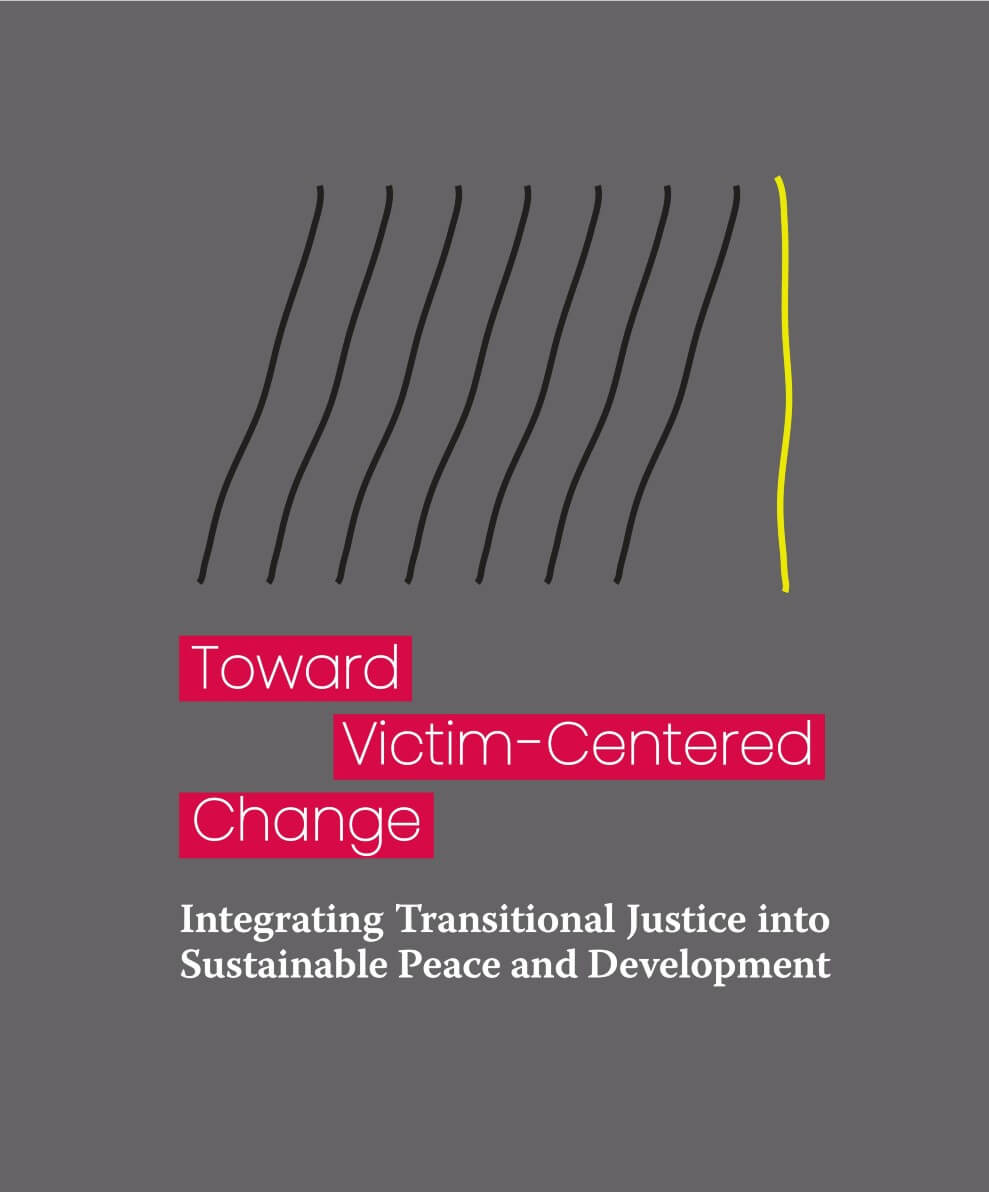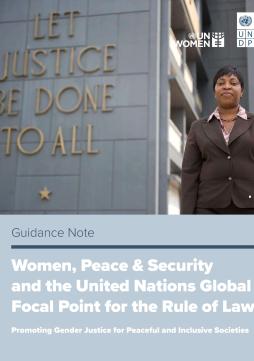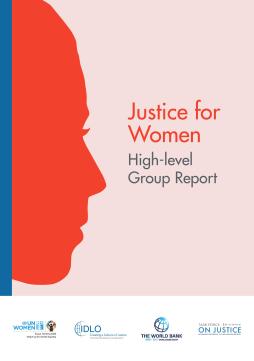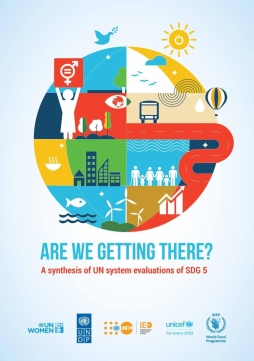Toward victim-centered change: Integrating transitional justice into sustainable peace and development
This report seeks to contribute to a more strategic approach to integrating transitional justice and sustainable development. It aims to inform policy discussions at the 2023 SDG Summit and beyond, drawing on the work and experience of members of the Working Group on Transitional Justice and SDG16+ and building on ongoing discussions.
It draws attention to three general strategies that can improve transitional justice processes by making them more victim centred and participatory and, at the same time, enhance their potential contribution to development goals:
- Increasing collective action among victims’ groups and networks, civil society, and broader social and political movements can help to generate the advocacy, mobilization, and support needed to address immediate harms and transform structures of exclusion and inequality toward inclusion and equity.
- Incorporating transitional justice into responses at multiple levels—local, national, regional, and global—and through both formal and informal institutions can serve to more effectively address the scope and complexity of development problems, such as displacement, sexual and gender-based violence, and psychosocial harm.
- Adopting a long-term perspective on the operationalization and impact of transitional justice can help to maintain the support and levels of engagement necessary to enhance transitional justice’s role in bringing about meaningful change, including through implementation of truth commission recommendations and a sustained focus on reparations for victims and affected communities.
Additional documents
Bibliographic information
UN Women office publishing:
UN Women Headquarters
Number of pages
ES-3 + 23
Publishing entities
International Center for Transitional Justice (ICTJ); United Nations Entity for Gender Equality and the Empowerment of Women (UN Women)
2030 Agenda for Sustainable Development
Access to justice post-conflict
Ending impunity
Justice reform
Peace and security
Reparations
Sustainable Development Goals (SDGs)
Truth and reconciliation









